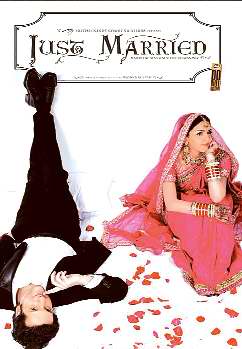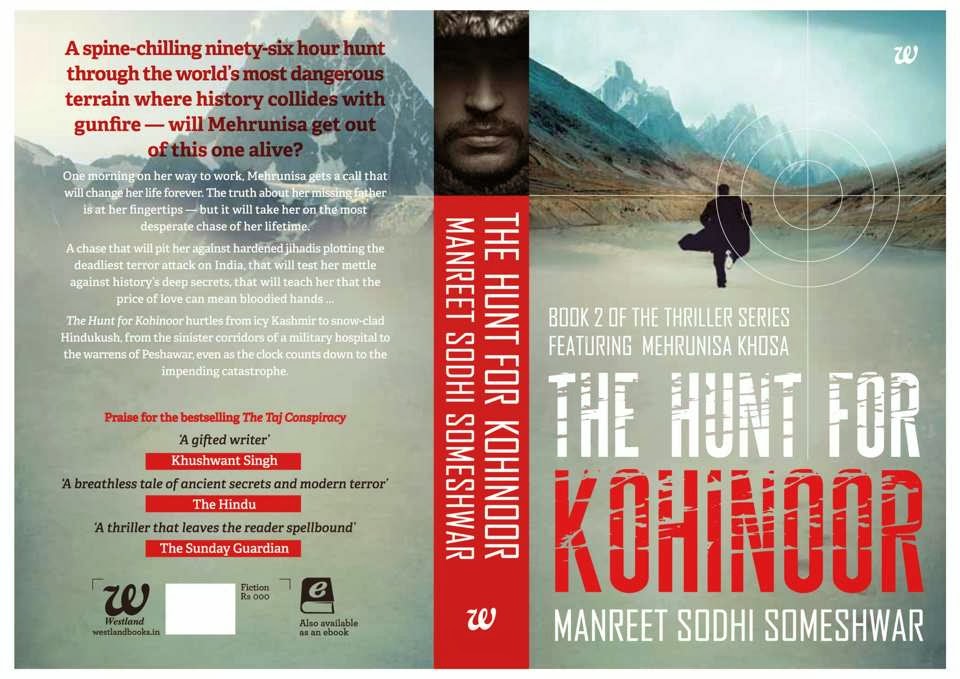Book Review: God is a Gamer
Title: God is a GamerLanguage: English
Author: Ravi Subramanian
Genre: Fiction/ Thriller
Publisher: Penguin 2014 September
ISBN - 10: 0143421395
ISBN-13: 9780143421399
Binding: Paperback
Price: Rs. 299 (Buy from Flipkart for Rs.189)
Pages: 324
Synopsis: This is a page-turner and will appeal to those who love a good thriller. The ending is quite exciting and many may not see the twist in the tale. Ravi Subramanian has pulled off another masterpiece thriller in the world of finance and banking!
Detailed Review:
The book opens with the assassination of a US Senator who is en route to meet the President of the USA. Investigations ensue and the FBI are under pressure to crack the case. The focus then shifts to India where, the prime minister is headed to the US for treatment. Swami, a top banker finds that despite his best efforts, money is being siphoned off his customers accounts and his team is helpless to do anything about it! His boss doesn't want anything to do with it and and instead tries to lay the blame for the entire fiasco at his door! With a steady stream of new characters and their backgrounds, the novel appears to be going nowhere, when boom, all the threads get connected and you are left with one awesome thriller.
There is a lot of explanation about Bitcoins and the happenings about the financial world, that are integral to the narrative and at the same time, very informative for the naive among us.
There are multiple emotions at play, a father meeting with his son after ages, a couple who tries to find love, secrets hidden from each other and the world, murders of friends and socialites and the hidden faces.
Story: Aditya runs a gaming company that is struggling to break even. A banker slips off a high rise building, plunging to her death. The finance minister has made some promises that he is finding hard to keep. The LTTE has unleashed terror in America that sends the FBI on a wild goose chase, bringing them to Mumbai.Enter Varun, part time drug dealer and full time genius. He turns around the gaming company before disaster strikes. Meanwhile, the investigators plunge headlong into the shady world of bitcoins and the Dark Net, websites that only exist for illegal transactions–drugs, sex and money. God Is a Gamer culminates in a stunning climax where money means nothing, assassination is taught by the ancient Greeks, and nothing is as it seems.
Positives:
1. A top writer with many best sellers in the past. You can read my review of his other novel Bankster here.
2. Fast paced and informative.
3. Well researched as always.
Negatives:
1. Some things mentioned are just impossible these days (you can't just phish an account with only the account details and password).
2. The ending though is very interesting and a different one from the regular thrillers, still feels a bit contrived. (I did guess the ending much before I finished the novel).
3. There were 3 or 4 places in the text where I found an out-of-place word or typo error.
Who will enjoy this? Almost anyone with a penchant for thrillers and especially those that are worried about the world of finance and the shady deals that happen therein.
Buy or Don’t Buy? Buy! Flipkart at the moment is even giving a Rs.110 discount on the cover price. It’s a steal at Rs.189/-.
This review is a part of the Book Reviews Program at BlogAdda.com ... Participate now to get free books!

















0 comments :